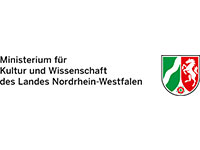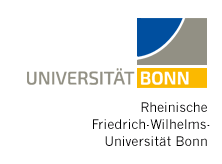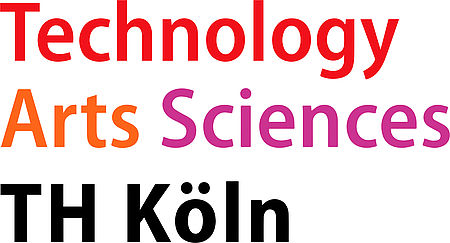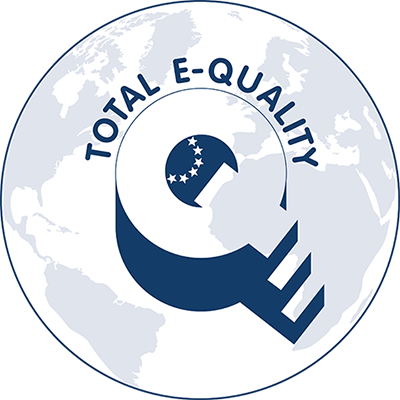#OSF2023DE - informieren, mitdiskutieren und sich inspirieren lassen
Am 04. und 05. Juli 2023 fand in Köln die zweite Ausgabe des Deutschen Open Science Festivals statt.
Unter dem Motto „Meet. Share. Inspire. Care.“ – übernommen vom Open Science Festivals in Amsterdam –, bot das Festival ein abwechslungsreiches Programm aus Keynote-Vorträgen, Panel-Diskussionen, Ignite Talks, einem offenen Marketplace und zahlreichen Workshops mit nationalen und internationalen Expert:innen aus der Open Science Community.
Vorbild für das Festival ist das Open Science Festival in den Niederlanden.
Mit 160 Anmeldungen war die Veranstaltung vollständig ausverkauft. Mehrere lokale Partner kooperierten bei der Organisation: die Universitäts- und Stadtbibliothek Köln (USB), die Universität zu Köln, das Institut für Biomedizinische Informatik (IMI), das Alternsforschungs-Exzellenzcluster CECAD der Universität zu Köln sowie ZB MED – Informationszentrum Lebenswissenschaften, das mit dem Festival auch sein 50. Jubiläum beging.
Das nächste Deutsche Open Science Festival findet am 17. und 18. September 2024 in Mainz statt: #OSF2024DE
Open Science Festival 2023: Aftermovie
Dokumentation Open Science Festival 2023
- Videoaufzeichnungen der Keynotes, Panel-Diskussionen und Ignite Talks auf dem ZB MED-YouTube-Kanal:
YouTube-Playlist Open Science Festival 2023
- Präsentationen und Poster im Fachrepositorium Lebenswissenschaften:
Publikationen im Fachrepositorium
Die Publikationen werden sukzessive erweitert. Die Verlinkungen zu den Publikationen und Videos sind auch bei den einzelnen Programmpunkten zu finden.
Programm Open Science Festival 2023
| Keynote 04. Juli | What ist the meaning of Open Science? Dr. Benedikt Fecher, Geschäftsführer Wissenschaft im Dialog, ORCID: 0000-0002-0982-196X There are various meanings associated with Open Science, ranging from a democratic movement to a neoliberal campaign. These meanings are so contradictory that one could argue that Open Science has no meaning at all. It is worthwhile to reverse the question and examine how meaning emerges through openness. In my presentation, I will explain how these different meanings of Open Science have emerged, introduce a framework for openness as meaning making and explain how adopting this pragmatic approach to Open Science can help shape research in the best interest of both science and society.
|
| Keynote 05. Juli | Open Research in Practice: Iterating between Ideas, Communities and Societal Impact Dr. Daniel Mietchen, FIZ Karlsruhe - Leibniz Institute for Information Infrastructure und Leibniz Institute of Freshwater Ecology and Inland Fisheries (IGB); ORCID 0000-0001-9488-1870 |
| Panel 04. Juli | Open Science from global perspectives Nino Pavliashvili, Director of National Science Library of Georgia, Tbilisi/Georgia Héctor Tuy, Academic researcher and Technical Coordinator on climate change adaptation and rural development at GIZ, Guatemala City/Guatemala, ORCID: 0000-0002-5963-6607 Prince Edem Samoh, Researcher and Laboratory Technician at Ashesi University and Open Bioeconomy Lab, Berekuso/Ghana, ORCID: 0000-0003-1786-1416 Moderation: Dr. Eva Seidlmayer, Research fellow at ZB MED, Cologne/Germany, ORCID: 0000-0001-7258-0532 Realizing Open Science does not have the same conditions in all places. How do scientists and communities from different regions contribute to the global knowledge commons and how do they use it? What is the impact of different financial capabilities of scientific institutions, for example with regard to high Open Access article processing charges? And how can we learn from each other about potentials and solutions? With experts from three continents, the panel discussion will focus on perspectives on Open Science from different global angles. We would like to hear from the speakers for what they use open data and open publications and where they see challenges in their context. Also, we will discuss the problem of difficult visa approval for researchers to attend conferences as a obstacle of Open Science. |
| Panel 05. Juli | Data rush in the wild: Real-life and Real-world data for research Prof. Dr. Oya Beyan, Biomedical Informatics Institute, Medical Faculty, Cologne University and University Hospital Cologne; ORCID 0000-0001-7611-3501 Dr. Daniel Mietchen, FIZ Karlsruhe - Leibniz Institute for Information Infrastructure und Leibniz Institute of Freshwater Ecology and Inland Fisheries (IGB); ORCID 0000-0001-9488-1870 ; Prof. Dr. Ingvill Constanze Ødegaard, GESIS - Leibniz Institute for the Social Sciences; ORCID 0000-0002-5481-3432 Edit Herczog, Director General, Vision & Values; ORCID 0000-0002-2930-5401 Julia Gehrmann, Biomedical Informatics Institute, Medical Faculty, Cologne University and University Hospital Cologne; ORCID 0000-0002-4101-5458 Real-world data is the new oil. If we get it, our research and AI models will outperform the ones designed with less data. However, real-life and real-world data come with many hurdles such as heterogeneity, quality, scarcity, ethical data use, and more. In this panel researchers from different communities will discuss opportunities and challenges along the research data cycle including data collection, sharing, ethics, and interdisciplinary and international cooperation. In our panel, we will host established researchers who have experience in data sharing and reuse, as well as early-career researchers who struggle to use real-world data for their daily work. We will share our experiences and learn from each other.
|
| Ignite Talks | Ignite Talks: Open Science Success and Horror Stories
|
| Marketplace | Informationen zum Marketplace |
| Workshops |
|
Programmkomitee
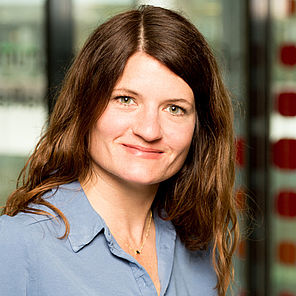


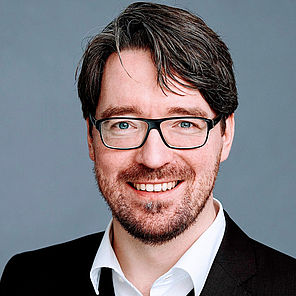
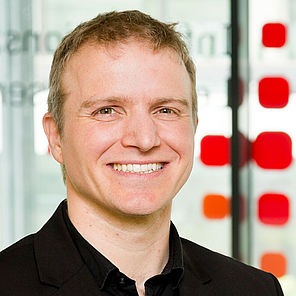

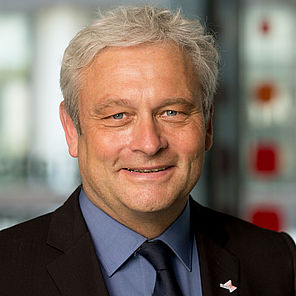
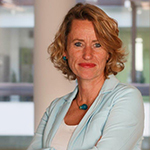
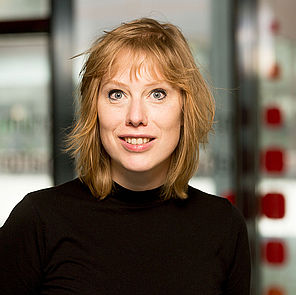
Das Open Science Festival ist eine gemeinsame Veranstaltung von:



